5 Secrets to the Ultimate Yellow Sauce for Peruvian Chicken
You know that golden-yellow sauce drizzled over juicy rotisserie chicken at your favorite Peruvian joint? Yeah, we’re talking about that magical condiment known as salsa amarilla. But what makes this vibrant sauce so addictive — and how can you recreate it at home without breaking a sweat?
In this blog post, we’ll take you behind the scenes of this iconic Global Spice Tradition. Whether you're a seasoned chef or just someone who wants to upgrade their taco Tuesday game, this guide will arm you with all the tricks, tips, and tongue-tingling knowledge you need to master the yellow sauce for Peruvian chicken.
Table of Contents
- Secret #1: The Star Ingredient is Aji Amarillo
- Secret #2: Don’t Skip the Vinegar and Garlic
- Secret #3: Oil Matters — Yes, Really
- Secret #4: Toasted Cornstarch Adds a Nutty Twist
- Secret #5: Balance Acidity Like a Pro
- Visual Flavor Breakdown: Fresh vs Dried Chilies
- Conclusion: Golden Rules for Golden Sauce
Secret #1: The Star Ingredient is Aji Amarillo
If there’s one ingredient that defines Peruvian cuisine more than any other, it’s the Aji Amarillo chili. This bright yellow-orange chili is the soul of many iconic dishes like pollo a la brasa, and for good reason.
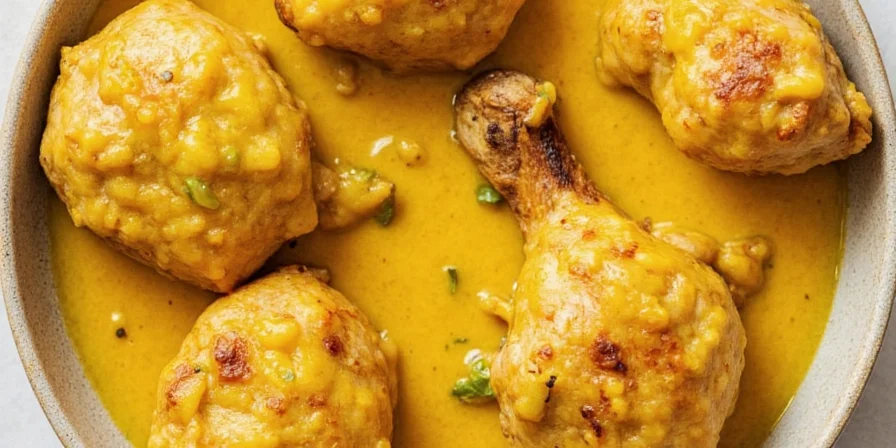
Why Aji Amarillo?
- Flavor: Fruity, slightly spicy, with hints of tropical mango and green bell pepper.
- Heat Level: Medium-hot (30,000–50,000 Scoville units).
- Availability: Found fresh in Latin American markets or frozen in supermarkets. Dried versions also work but need rehydrating.
Secret #2: Don’t Skip the Vinegar and Garlic
Vinegar might seem out of place in a creamy-looking sauce, but it plays a crucial role in cutting through richness and adding brightness.
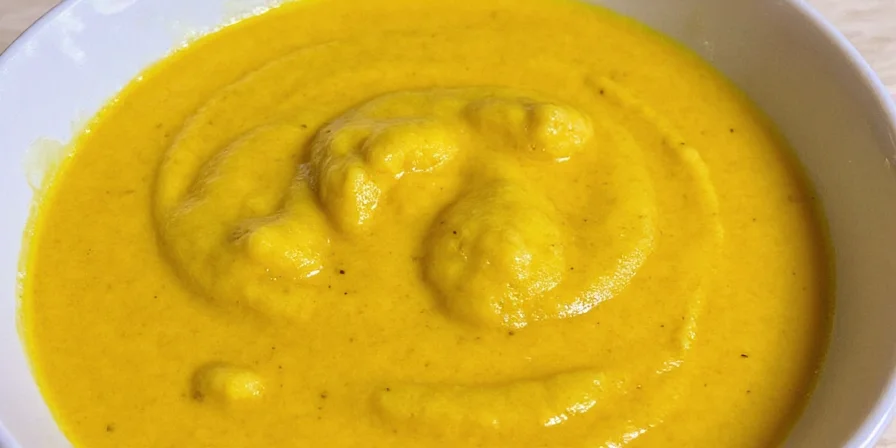
Garlic + Vinegar = Flavor Synergy
- Raw garlic adds pungency and depth.
- White vinegar is traditional, but apple cider vinegar gives a fruitier note.
- Tip: Crush garlic before adding to release allicin — the compound responsible for its bold taste.
Secret #3: Oil Matters — Yes, Really
The oil used in the sauce affects both texture and flavor. Many recipes call for vegetable oil, but olive oil — especially light or refined — can bring a subtle earthiness that complements the Aji Amarillo beautifully.
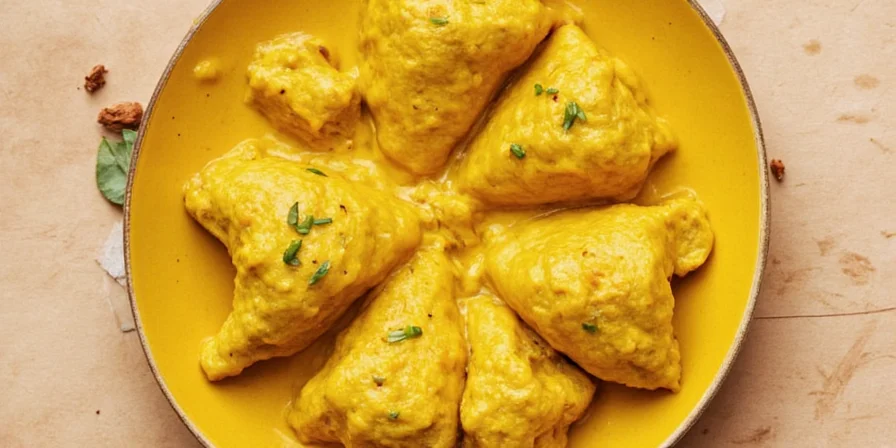
Oils Compared
| Oil Type | Smoke Point | Flavor Profile | Best For |
|---|---|---|---|
| Vegetable Oil | High (400°F) | Neutral | Consistency-focused sauces |
| Olive Oil (Refined) | Moderate (410°F) | Earthy, fruity | Flavor-forward dishes |
| Sesame Oil (Toasted) | Low (350°F) | Nutty, rich | Fusion experiments |
Secret #4: Toasted Cornstarch Adds a Nutty Twist
Many traditional recipes include a small amount of toasted cornstarch (fécula de maíz tostada) to thicken the sauce and add a slight nuttiness. While not mandatory, it can elevate your sauce from “good” to “Wow!”
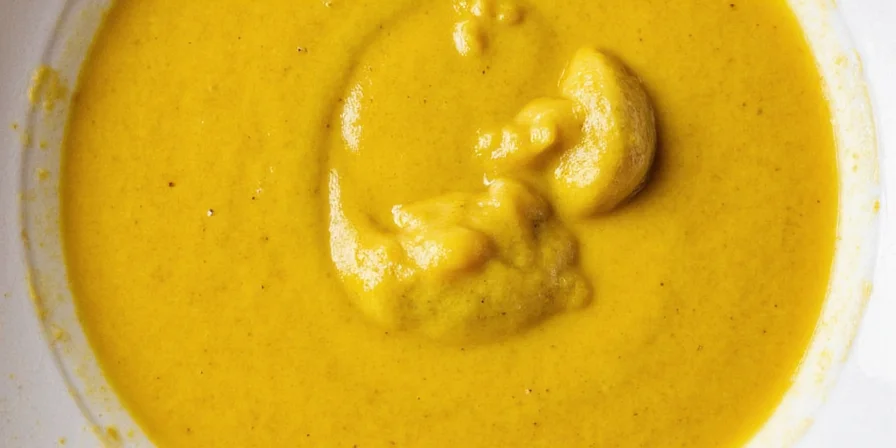
How to Toast Cornstarch
- Add cornstarch to a dry skillet over low heat.
- Stir constantly until it turns pale gold and smells nutty.
- Cool completely before using.
Secret #5: Balance Acidity Like a Pro
The perfect yellow sauce should have a harmonious balance of spicy, tangy, and savory notes. If your sauce tastes flat or too sharp, adjust with a pinch of salt or sugar.
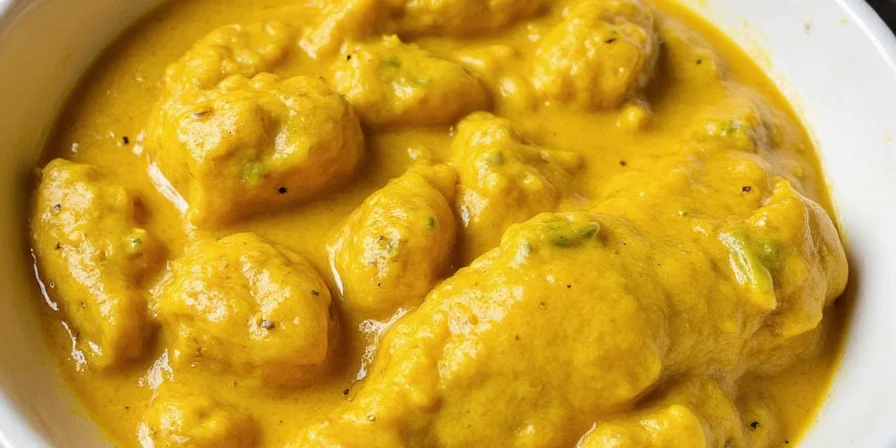
Troubleshooting Your Sauce
- Too sour? Add a pinch of sugar or honey.
- Too spicy? Add a bit more oil or vinegar to dilute the heat.
- Bland? Add more garlic, salt, or even a dash of soy sauce for umami.
Visual Flavor Breakdown: Fresh vs Dried Aji Amarillo
| Feature | Fresh Aji Amarillo | Dried Aji Amarillo |
|---|---|---|
| Heat Level | Mild-Medium | Medium-High |
| Flavor | Juicy, fruity, grassy | Smoky, deeper, earthier |
| Prep Time | Immediate use | Soak in hot water for 30 mins |
| Texture in Sauce | Smooth, silky | Rougher unless blended thoroughly |
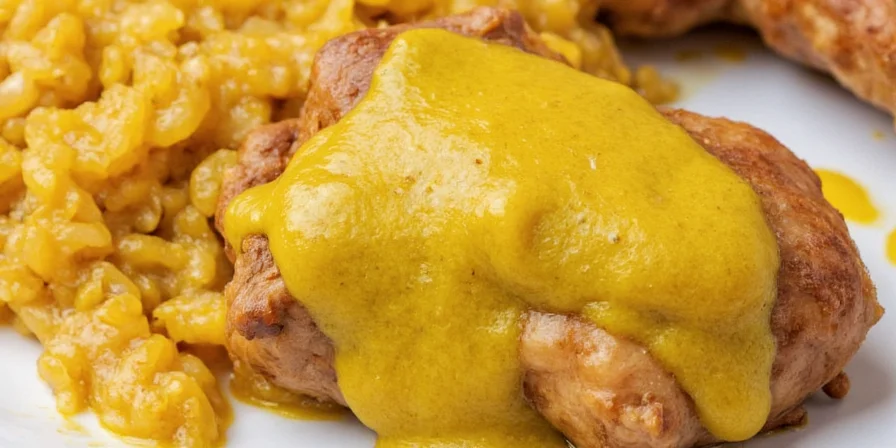
Conclusion: Golden Rules for Golden Sauce
Mastering the yellow sauce for Peruvian chicken doesn’t require a culinary degree — just a few key ingredients, some blending magic, and a bit of intuition. Here’s a quick recap:
- Use real Aji Amarillo for authentic flavor (fresh if possible).
- Don’t skip the vinegar and garlic — they’re the backbone of the sauce.
- Choose your oil wisely to enhance flavor and texture.
- Toasted cornstarch adds an unexpected depth.
- Balance acidity and salt to suit your palate.
Whether you're serving it with grilled chicken, fries, or even as a dip for plantains, this sauce is a celebration of Global Spice Traditions that brings joy with every bite. So next time you fire up the grill, remember: a drizzle of yellow sauce might just be the secret to making your dish unforgettable.
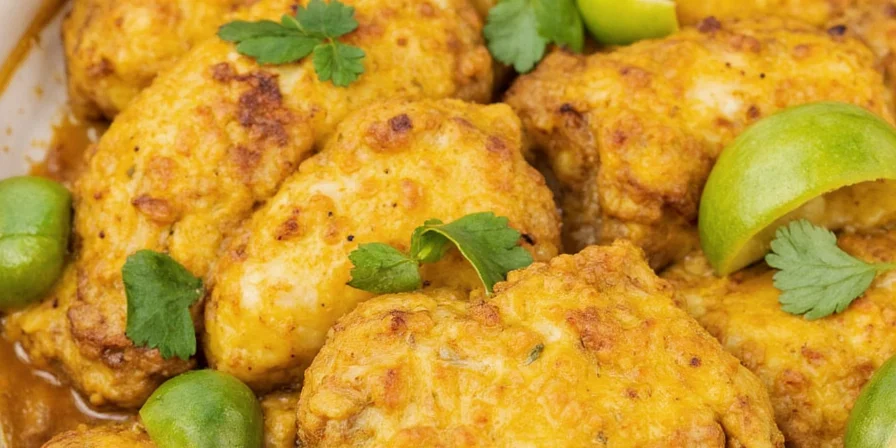
¡Hasta pronto y buen provecho!

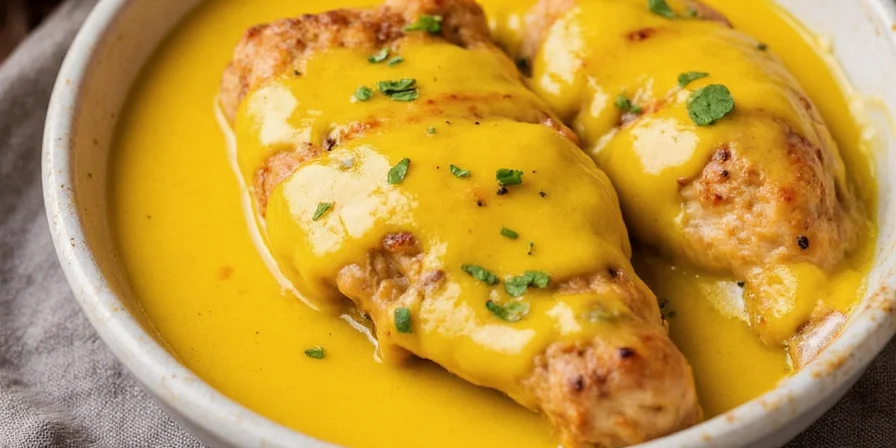









 浙公网安备
33010002000092号
浙公网安备
33010002000092号 浙B2-20120091-4
浙B2-20120091-4